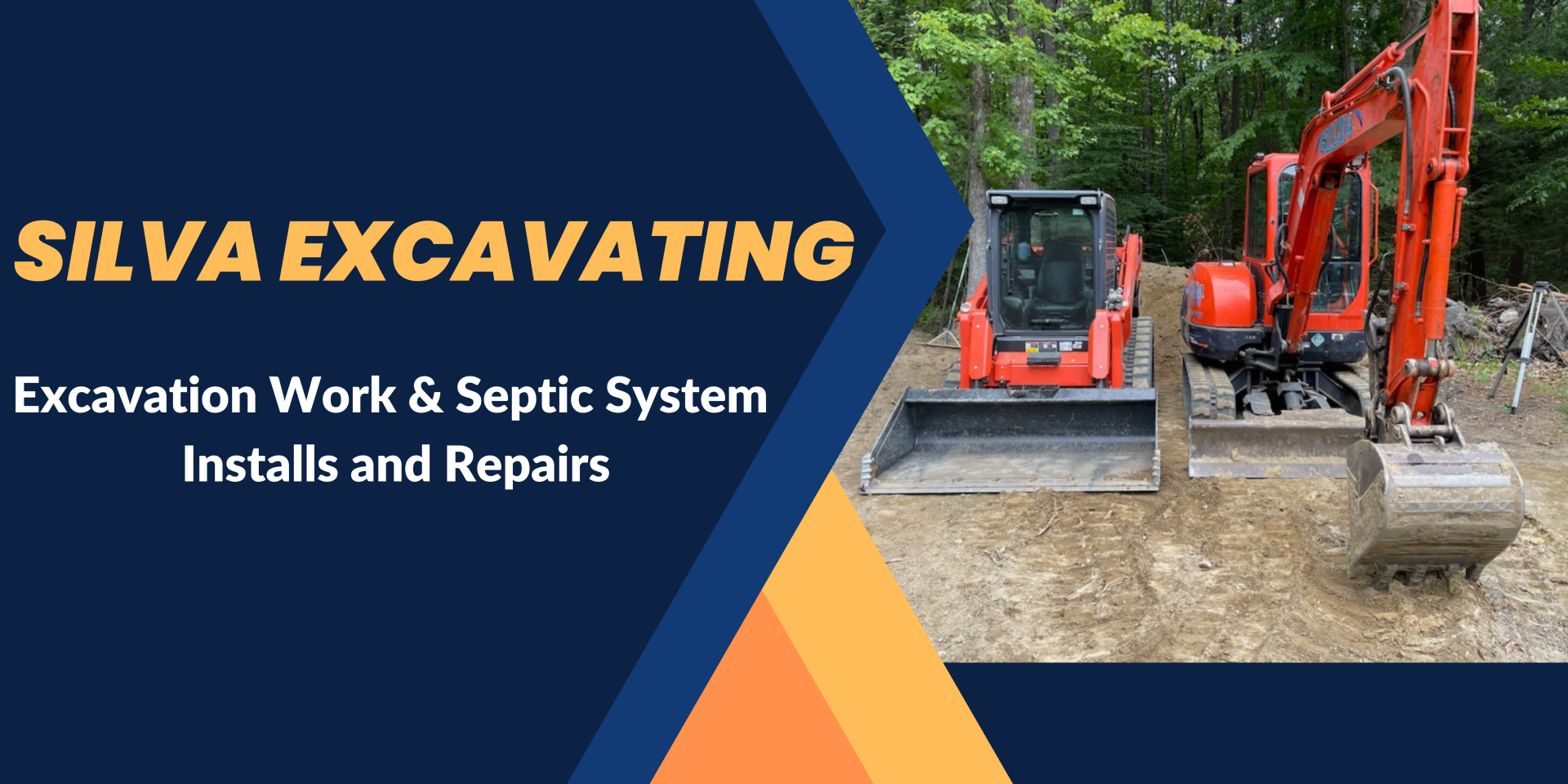7 Signs You Hired the Wrong Land Excavation Company
Introduction: When the Groundwork Goes Wrong
Excavation is the first—and arguably the most critical—step in any construction project. But when it’s handled poorly, everything that follows is at risk. From unstable foundations to unexpected costs, choosing the wrong crew can cause damage that ripples through your entire timeline and budget.
Why Hiring the Right Excavation Crew Matters
Land excavation isn’t just about moving dirt. It’s about precision, drainage, safety, permits, and efficiency. The right contractor lays the groundwork for everything from septic installs to retaining walls. A bad hire? That’s where the headaches begin.
Sign #1: Missed Deadlines and No Sense of Urgency
Constant Delays Without Explanation
If your excavation team is always “a day behind,” it’s a red flag. Professional companies plan for weather delays and unexpected hiccups—and communicate them.
Get a free quote
Land excavators page
Sign #2: Poor Communication or Radio Silence
You’re Chasing Updates Instead of Receiving Them
If you're constantly calling or texting for updates, something's off. A professional team keeps you in the loop without being prompted.
Vague or Evasive Answers
Are you getting “Don’t worry, we’ll handle it” instead of clear answers? That’s not confidence—it’s avoidance.
Sign #3: Improper Equipment for the Job
Using Outdated or Inadequate Machinery
An excavator struggling to dig? That’s like using a shovel to move a mountain. The right tools save time and prevent rework.
Frequent Breakdowns Causing Project Stalls
When equipment is constantly out of service, the job drags—and you're left footing the bill for the downtime.
Sign #4: Incomplete or Messy Site Work
Unlevel Land, Standing Water, or Poor Drainage
An excavated area should be clean, level, and ready for the next phase. If it’s uneven or pooling water, it hasn’t been graded correctly.
Trenches Left Open or Unmarked
Leaving open ditches or unmarked hazards is dangerous and shows a total disregard for site safety standards.
Sign #5: Lack of Permits and Compliance Awareness
Skipping Required Inspections
Every town has rules. If your contractor is working without permits or skipping inspections, it’s you who’ll pay the fines.
Violations of Local Building Codes
Building codes exist for a reason. An unlicensed or careless crew may ignore setback rules, depth requirements, or drainage laws.
Sign #6: Hidden Costs and Budget Overruns
Vague Contracts with No Scope Clarity
“Site prep” can mean anything if it’s not defined. A proper excavation contract should detail exactly what’s included and what’s not.
Surprise Charges Mid-Project
Adding extra fees midstream for rock removal, soil hauling, or regrading? That’s not just annoying—it’s deceptive.
Sign #7: No Safety Protocols in Place
Workers Without PPE or Training
No hard hats. No high-vis vests. No idea what’s happening. That’s a recipe for injury and liability.
Unsafe Machinery Use and No Liability Insurance
If you don’t see posted licenses or proof of insurance, walk away. If something goes wrong, you could be held responsible.
The Ripple Effect: How a Bad Excavation Job Impacts the Entire Project
A poor excavation job doesn’t stay in the dirt. It causes delays for foundation crews, plumbing, electrical, and ultimately, your move-in or project launch date.
Foundation Issues That Start with Poor Excavation
Cracks, sagging, and flooding often trace back to inadequate compaction or grading. It’s cheaper to get excavation done right than to fix a failed foundation.
The Cost of Rework and Delays
Tearing up and redoing poorly-excavated work means double labor, new inspections, and serious schedule disruptions. In many cases, it can cost thousands more than doing it properly the first time.
How to Vet a Land Excavation Company the Right Way
Ask for references, check license numbers, and verify local experience. Don’t settle for a guy with a backhoe and a phone number.
Key Questions to Ask Before Signing a Contract
- Do you handle permitting?
- What equipment will be used?
- Is soil hauling included?
- Can you provide a timeline in writing?
- Are you insured for excavation-specific risks?
Licensing and Insurance: What Must Be Non-Negotiable
Every land excavation company should carry liability insurance, workers’ comp, and a valid contractor’s license. These are not optional—they’re foundational.
The Value of Detailed Site Assessments
Any reputable excavation company should visit the site before quoting. That visit helps uncover buried utilities, soil type, water table levels, and grading needs—details that impact cost and timeline.
Reputation Matters: Check Reviews and Local Track Record
Look beyond the star rating. Read comments, ask around, and check if the company has completed similar projects in your area.
What a Transparent Estimate Should Look Like
A real estimate will list:
- Equipment to be used
- Hauling/disposal fees
- Grading or compaction charges
- Timeline
- Exclusions
If the quote is one line and a dollar amount, walk away.
Why Experience with Your Type of Project Is Crucial
Excavating for a foundation isn’t the same as trenching for utilities or clearing a drainage ditch. Find a contractor with direct experience in your scope of work.
Conclusion: When It’s Time to Cut Ties and Call in the Pros
If any of these warning signs ring a bell, it may be time to stop digging and reassess. The wrong excavation company can derail your entire build. Fortunately, it’s not too late to switch gears.
📞
Contact Silva Excavating at 978-480-6905 or visit silvaexcavating.com for a quote you can trust—and groundwork that holds firm.

